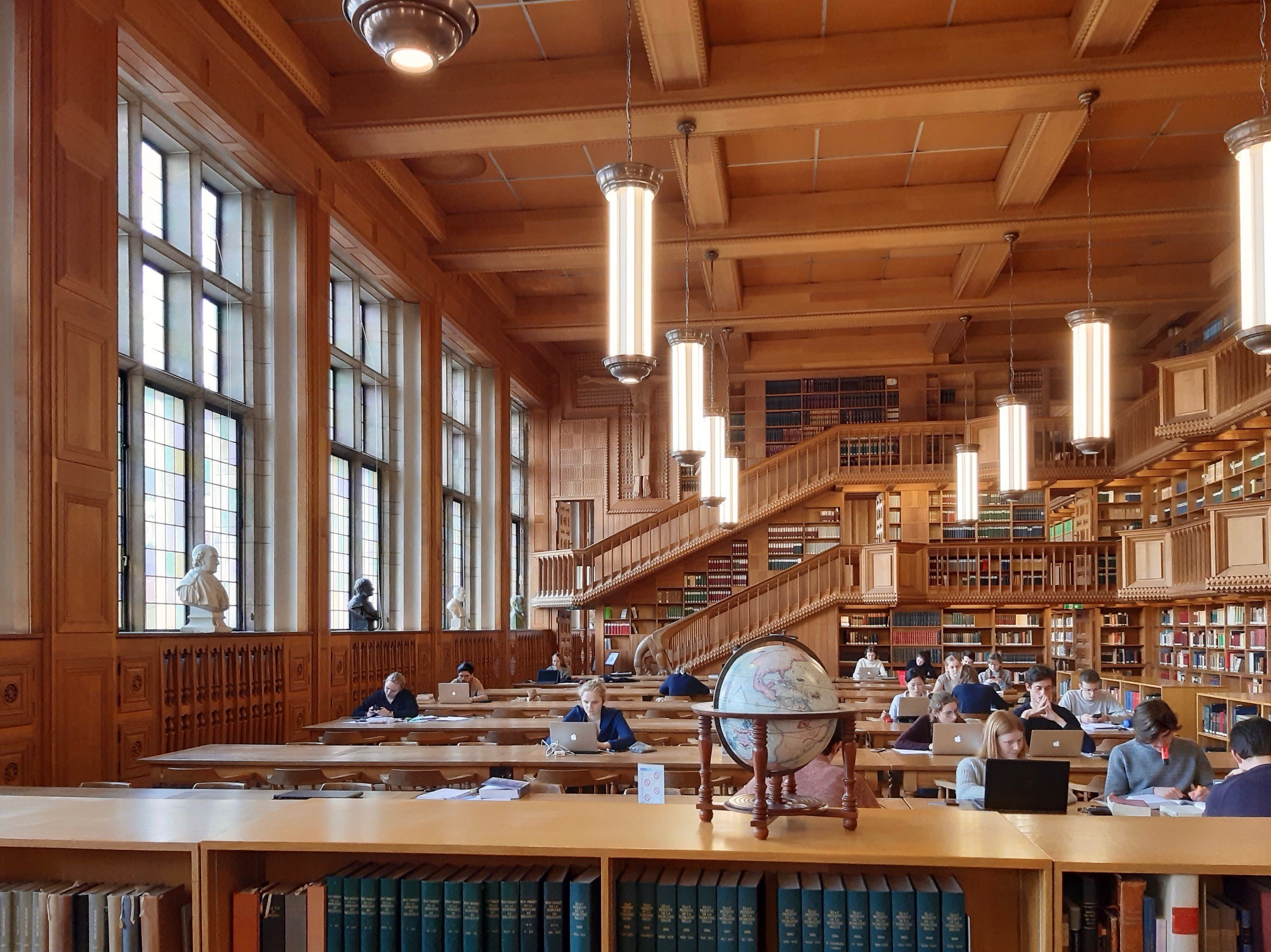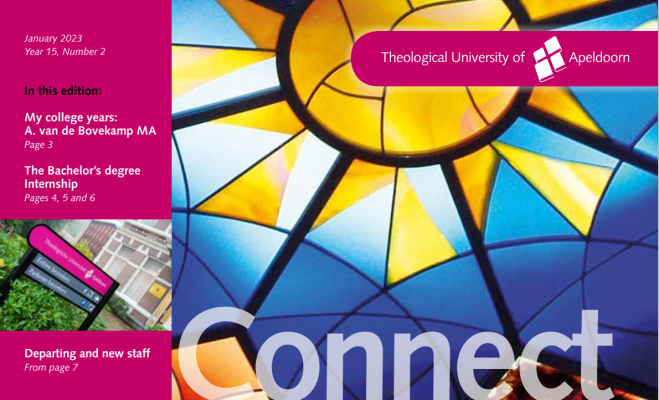16 April 2020
Knowledge creates understanding. A week in Leuven’s libraries
On a stormy February afternoon I traveled to Leuven to see what one of the largest theological libraries in the world has to offer. I spent a week as a librarian with a group of scientists from Paris, Bologna, Leuven, Mainz and Sofia in the Maurits Sabbe Library of the Catholic University (KU) Leuven within the framework of a ReIReS School.
This university was founded by the city of Leuven in 1425. Traditionally, the city and university have been linked to each other. This can be clearly seen in the beautiful buildings in the city centre. The history of the university, and therefore of the library, is an eventful one. At the time of Napoleon, the university was closed and a large part of the book collection was transferred to the National Library of Paris. In 1835, the KU was re-established and reopened by the Belgian bishops, and a collection of books was built up. During the First World War, the university library, including the entire book collection (1000 medieval manuscripts, 800 incunabula, 300,000 books) went up in flames. After this war, the collection was quickly rebuilt to 900,000 volumes. And then, during the Second World War, the collection was again destroyed by bombardment.
‘Knowledge creates understanding’ is the slogan of ReIReS. Knowledge breeds understanding. That was also the aim of this study week.
The aim of the study week was to learn about the special features of the University Library, which has been destroyed twice, and of the Maurits Sabbe Library, which was founded after the division of KU Leuven into two universities (one French-speaking and one Dutch-speaking). The Maurits Sabbe Library was largely built upon the basis of assets donated by diocesan seminaries, religious orders, and religious congregations in Flanders and in the south of the Netherlands.
Learning about the many expertises that both libraries have in house to digitise, conserve and restore collections and archives was also an important aspect of the experience as was gaining access to the digitized material through a single catalogue research system, a Belgian system of its own.
Also important was learning of the collaboration between libraries and archives and scientists. Scientists want to find information. The processes behind retrieval are clearly presented in Leuven. To understand cooperation between libraries and scientists is also extremely important.
I was able to experience all of these important aspects of the librarie’s work for a week. At the same time I saw that not only the cooperation between library and scientist is important, but also the cooperation between other libraries and universities.
Nikè van der Mijden, librarian TUA library

The restored reading room of the Leuven University Library.
